Health
Living longer, not healthier: Study finds periods of poor health toward end of life

Living longer doesn’t always mean living healthier.
That’s according to a study published in JAMA Network Open, which found a “widening gap between lifespan and healthspan” among 183 countries.
In 2019, there was a “healthspan-lifespan gap” of 9.6 years globally, a 13% increase from 8.5 years in 2019, Mayo Clinic researchers found.
‘I’M A DOCTOR — HERE’S THE WELLNESS ROUTINE I FOLLOW FOR A LONGER, HEALTHIER LIFE’
That gap was largest in the U.S., as Americans live in poor health for an average of 12.4 years, compared to 10.9 years in 2000.
The “healthspan-lifespan gap” was largest in the U.S., as Americans live in poor health for an average of 12.4 years, compared to 10.9 years in 2000. (iStock)
The U.S. also reported the “highest burden of chronic disease,” the researchers noted, primarily due to mental illness, substance use disorders and musculoskeletal conditions.
The researchers analyzed data from the WHO Global Health Observatory, which included statistics on life expectancy, health-adjusted life expectancy and years lived with disease for each member country.
TRUMP’S STAMINA AT AGE 78 IMPRESSES THE EXPERTS: ‘MENTAL AND PHYSICAL RESILIENCE’
Lead study author Dr. Andre Terzic, the Marriott family professor of cardiovascular research at Mayo Clinic, calls the healthspan-lifespan gap a “universal threat to healthy longevity.”
“Advances in longevity are a major milestone for humankind — gains in life expectancy, however, have not been matched with an equivalent expansion in healthy longevity,” he told Fox News Digital.

The U.S. reported the “highest burden of chronic disease,” the researchers noted, primarily due to mental illness, substance use disorders and musculoskeletal conditions. (iStock)
There was also a gender gap, with women experiencing more years in poor health than men.
“Worldwide, women live longer than men, but exhibit a 2.4-year-wider healthspan-lifespan gap,” said Terzic.
“In the U.S., women had a higher non-communicable disease burden, with a particularly pronounced contribution from musculoskeletal, genitourinary and neurological diseases.”
The study findings point to the need for an “accelerated pivot to proactive, wellness-centric care systems,” according to Terzic.
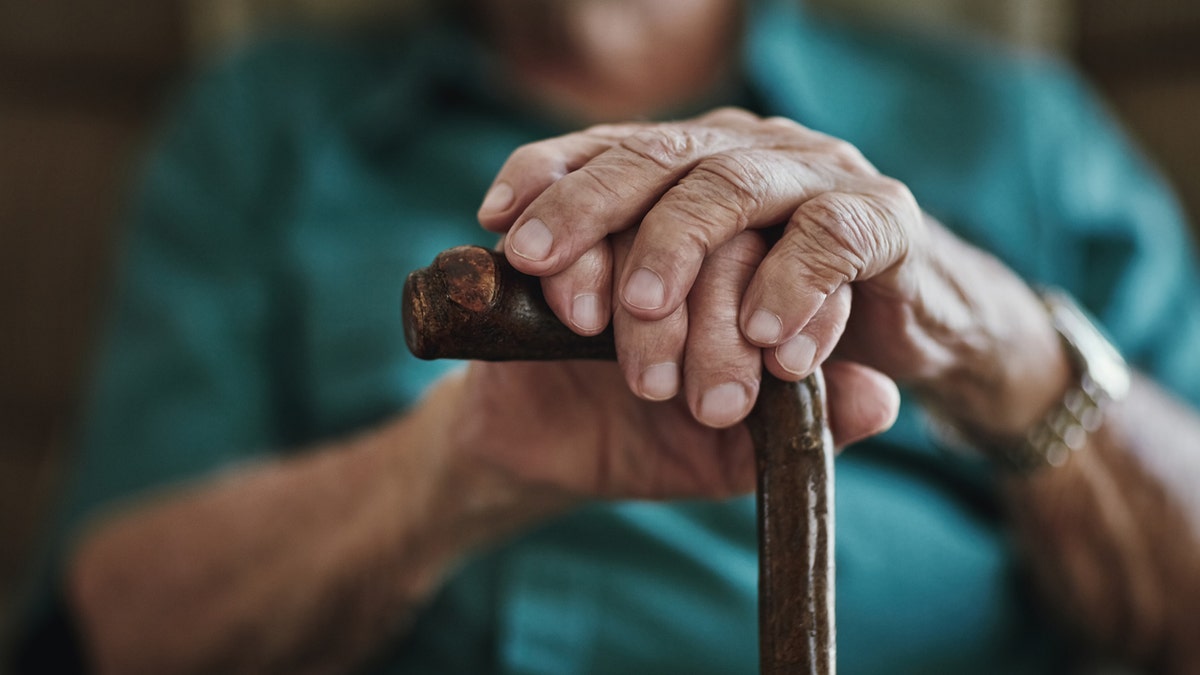
The study findings point to the need for an “accelerated pivot to proactive, wellness-centric care systems,” according to the lead researcher. (iStock)
“Further study is needed to identify demographic, economic and health drivers of the healthspan-lifespan gap.”
The research was funded by the Marriott Family Foundation, National Institutes of Health and National Institute of General Medical Sciences.
Personalized nutrition is key, doctor says
Grant Antoine, a naturopathic doctor and clinical lead at Viome, a health care testing company in Bellevue, Washington, said there are a number of factors that have widened the healthspan-lifespan gap in the U.S.
CLICK HERE TO SIGN UP FOR OUR HEALTH NEWSLETTER
“While medical advancements have extended life expectancy, they haven’t addressed the root causes of poor health, such as diet, chronic stress, sedentary lifestyles and preventable diseases,” he told Fox News Digital.
“These issues are compounded by the fact that there is no one answer to eating healthy.”

Some of the key factors contributing to aging and reduced healthspan include poor nutrition, imbalanced gut health and chronic inflammation, according to one expert. (iStock)
Some of the key factors contributing to aging and reduced healthspan include poor nutrition, imbalanced gut health and chronic inflammation, according to Antoine.
“To close the healthspan-lifespan gap in the U.S., we need to prioritize personalized, science-backed nutrition that’s based on each individual’s biology rather than a one-size-fits-all diet,” he recommended.
For more Health articles, visit www.foxnews.com/health
“There is no universally healthy diet or supplement. Personalized nutrition is a key to ensuring that people live healthier longer.”

Health
Breast cancer patient given 24 months to live has ‘miraculous’ recovery, says God led her to cure
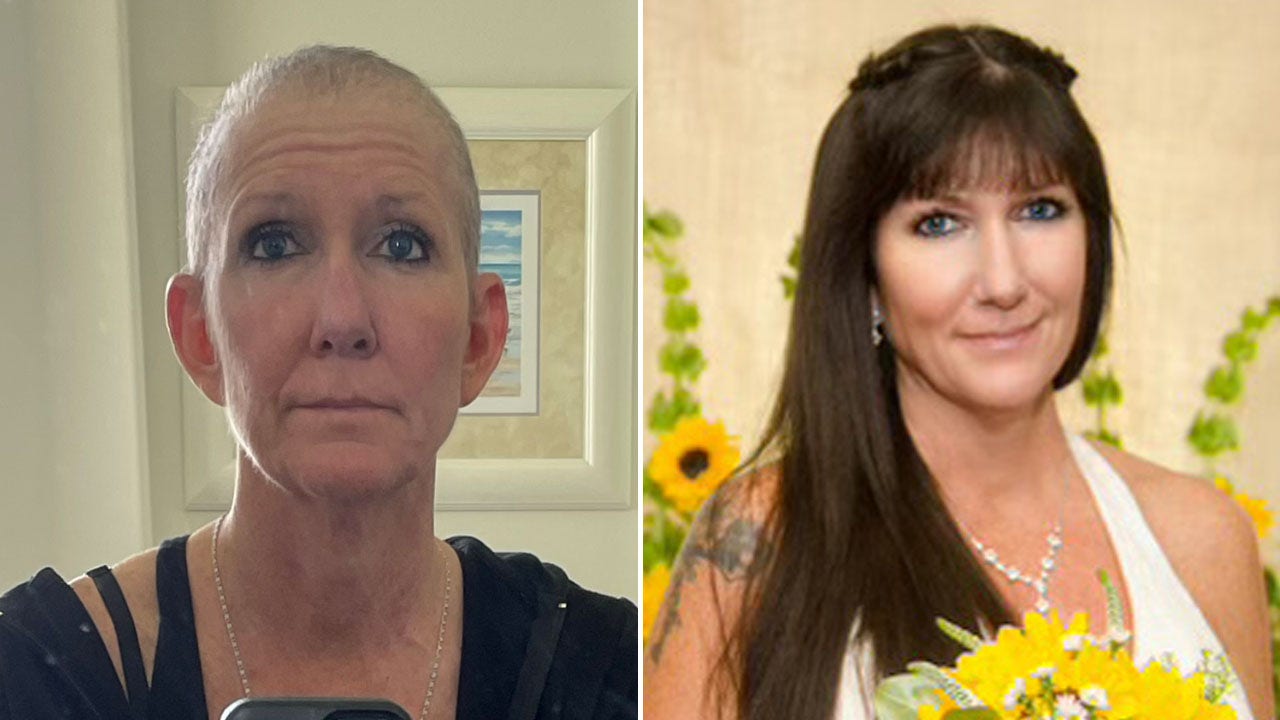
Less than three years ago, Tina Willits, now 53, thought she had just two years to live.
Today, she is cancer-free and wants the world to know about the treatment that saved her.
The Florida mother and grandmother first felt a lump in late 2021, just months after a normal mammogram.
BREAST CANCER VACCINE UPDATE FROM CLEVELAND CLINIC: ‘A NEW ERA’
In March 2022, she discovered that she had HER2 positive breast cancer, an aggressive form of the disease in which the cancer cells have an abnormally high level of a protein called human epidermal growth factor receptor 2 (HER2).
“I still remember the doctor coming in and telling us that it was in my lymph nodes, ribs, spine, sternum and bones,” Willits told Fox News Digital during an on-camera interview. (See the video at the top of this article.)
Florida mother and grandmother Tina Willits, now 53, thought she had just two years to live, but today she is cancer-free. (Tina Willits)
Willits was told that she had golf ball-sized tumors and that the disease was too advanced for a mastectomy. She was placed on end-of-care chemotherapy and told to “enjoy the time you have left.”
“The doctor told me, ‘We will try to stop the progression,’ but she said ‘the best we can probably offer you is about 24 months.’”
‘I wanted it gone’
Willits wasn’t satisfied with just stopping the progression of her cancer.
“I have five biological children and I was raising two of my bonus babies, and I had four grandkids at the time,” she said.
“And I was just determined that I wanted it gone. That was my goal. And I remember my oncologist telling me that was never going to happen.”
“The doctor told me, ‘The best we can offer you is about 24 months.’”
After doing some of her own research, Willits learned about an alternative treatment called immunotherapy, which uses the body’s immune system to identify and destroy cancer cells.
For decades, the go-to treatments for cancer have been chemotherapy, radiation and surgery — but some experts are calling immunotherapy the “fourth pillar” of cancer treatments.
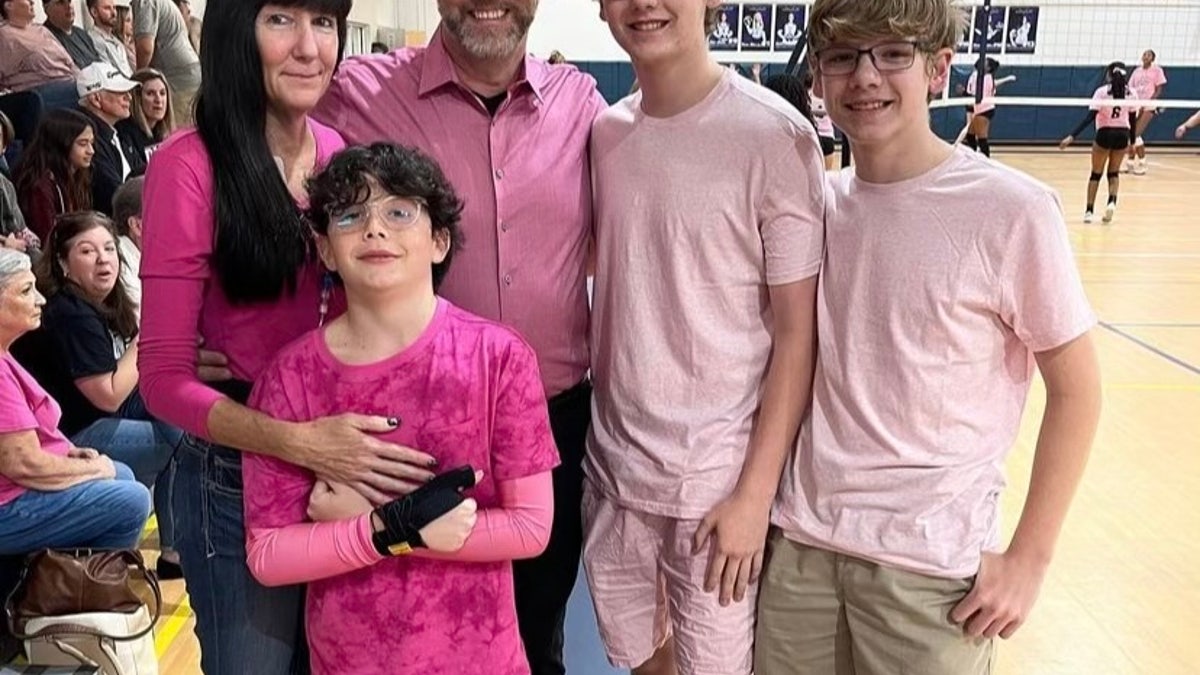
“I have five biological children and I was raising two of my bonus babies, and I had four grandkids at the time,” said Willits about why she was so determined to beat cancer. (Tina Willits)
In her research, she came across Dr. Jason R. Williams of The Williams Cancer Institute in California, who offers a new cancer therapy that uses cold gases and the body’s own cells to freeze and fight tumors.
“Immunotherapy teaches the immune system to attack the cancer,” Williams told Fox News Digital. “So, like a vaccine, it can give you a long-term, durable response. This is what is needed to achieve cures.”
4 HIDDEN SIGNS OF BREAST CANCER TO WATCH FOR: ‘YOU KNOW YOUR BODY’
Willits and her husband reached out to the doctor, who immediately began looking into her case.
“She physically was in good condition, even though her cancer was advanced,” Williams said about Willits. “She was on chemo, but still remained in very good health, even though she was advanced and metastatic.”
He added, “I was confident, but cautious. Cancer is a very challenging foe.”

Willits is pictured at her wedding, before being diagnosed with aggressive breast cancer. “I’m a part of my family’s life every day,” she told Fox News Digital. (Tina Willits)
Williams offered Willits something she hadn’t had until then: hope.
“He was just unbelievable. After seeing all of my tests, he said, ‘I can cure you,’” she told Fox News Digital. “And you don’t get those words as a stage 4 patient.”
Six weeks after receiving a course of immunotherapy treatments — in conjunction with supplements to ramp up the immune system and cryoablation, a procedure that uses freezing temperatures to destroy cancer cells — a PET scan revealed that Willits’ cancer was gone.
ENDOMETRIAL CANCER PATIENTS SEE NEW HOPE AS FDA APPROVES ‘TRANSFORMING’ IMMUNOTHERAPY DRUG
Today, Willits said, she is stable and healthy.
“I exercise every day. I’m a part of my family’s life every day. Cancer, we feel, is completely behind us — and that was almost an impossible mission,” she said.
“People ask me all the time, you know, how did you cure your cancer? And I say, ‘Well, God led me to Dr. Williams.’”
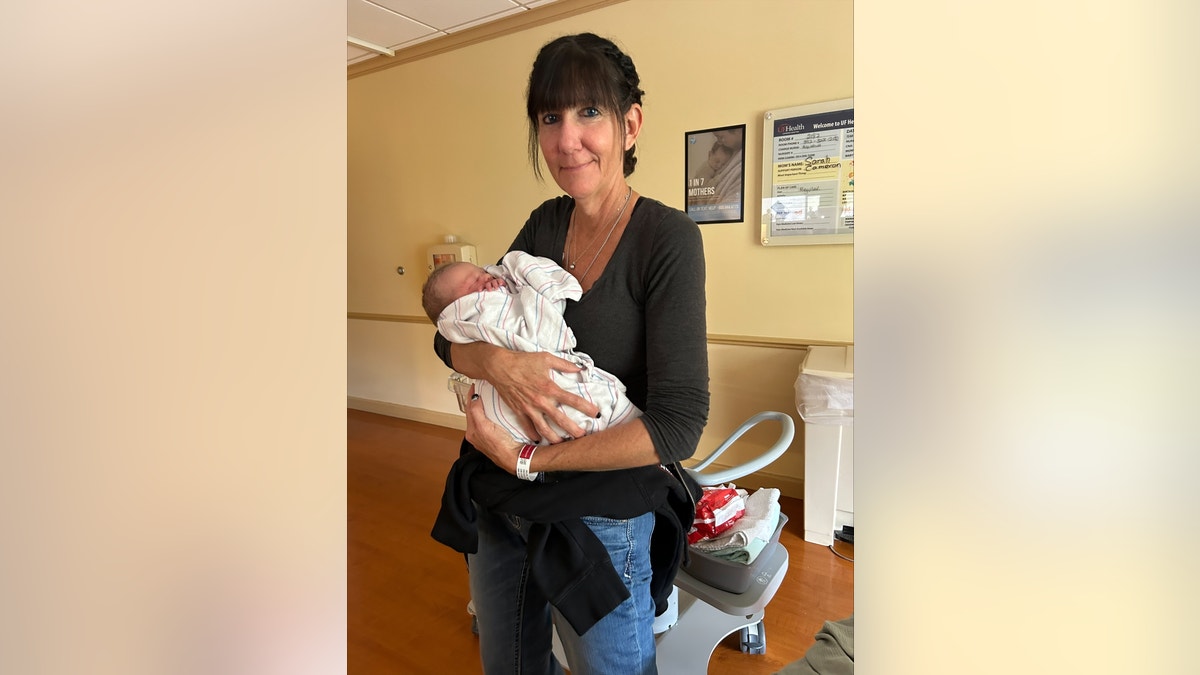
“I cannot even imagine if I had stayed the course of traditional treatment and just tried to stop the progression,” said Willits. (Tina Willits)
Williams believes that immunotherapy is the future of cancer treatments.
“We first must target the tumor directly, injecting immunotherapy into it,” he said.
“In the future, the patient will be diagnosed with a suspicious lesion, and at the time of initial biopsy, we will begin treating it by injecting immunotherapy.”
Balancing risks and benefits
While immunotherapy has shown promise as an alternate treatment, it does come with its own risks and limitations for certain groups of patients.
WHY IMMUNOTHERAPY IS EMERGING AS THE ‘FOURTH PILLAR’ OF CANCER TREATMENTS, EXPERTS SAY
“Patients with autoimmune diseases have a higher risk, because the immune system is more primed to also attack normal tissues,” Williams cautioned.
“Though risks are higher, we do have techniques to overcome this, and so the benefits outweigh the risks.”
“As oncologists, we don’t want to expose a patient to a medication that can increase the risk of side effects without a clinical benefit.”
Brian Slomovitz, director of gynecologic oncology and co-chair of the Cancer Research Committee at Mount Sinai Medical Center in Florida, noted that immunotherapy has transformed the way many cancers are treated, but that it’s not always effective.
“It is important to understand that it is not useful in all patients,” said Slomovitz, who was not involved in Willits’ care.
“As oncologists, we don’t want to expose a patient to a medication that can increase the risk of side effects without a clinical benefit.”
In “properly selected” patients, however, Slomovitz believes immunotherapy can prolong both the time to cancer recurrence and overall survival rates.
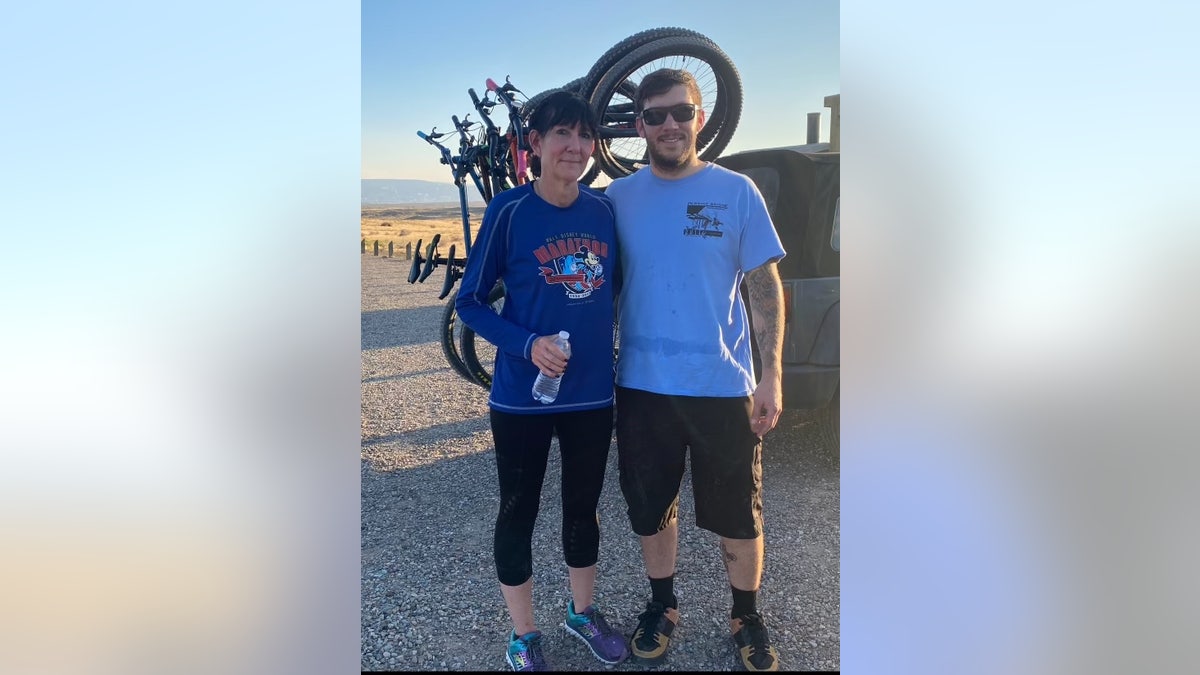
Today, Willits said, she is stable and healthy. “I exercise every day,” she told Fox News Digital. (Tina Willits)
“I’m excited to watch as the field of immuno-oncology continues to evolve.”
Willits now aims to raise awareness of the availability of this treatment, as many women assume that chemotherapy, radiation and surgery are their only options.
CLICK HERE TO SIGN UP FOR OUR HEALTH NEWSLETTER
“The reality is there are women out there who don’t know it exists,” she said. “And if we can get the word out, I can’t even tell you how many hundreds of women we could potentially save.”
She also said, “I cannot even imagine if I had stayed the course of traditional treatment and just tried to stop the progression. I mean, it’s out of my body. It’s gone. Life is back to normal again. And I am so grateful.”
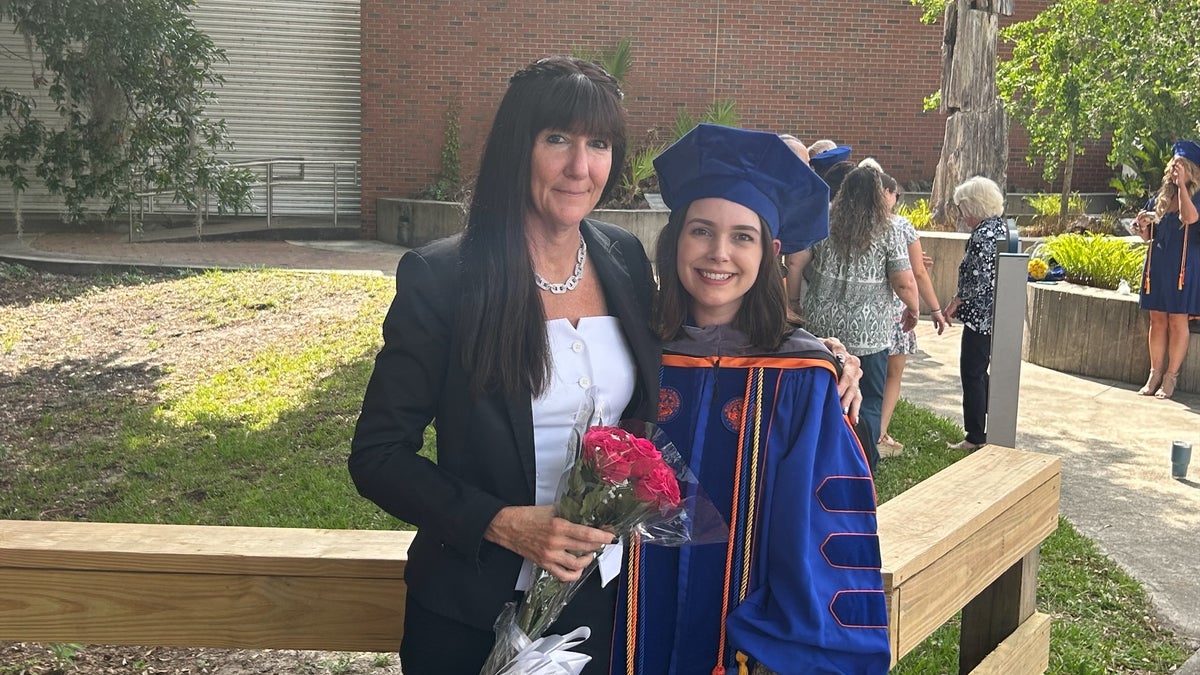
“If we can get the word out, I can’t even tell you how many hundreds of women we could potentially save,” Willits said. (Tina Willits)
While Willits’ prognosis is “excellent,” Williams emphasized that “we must always be cautious and continue to monitor … Any person who has had cancer before certainly has a higher than normal risk for another cancer or a recurrence.”
For more Health articles, visit www.foxnews.com/health
For patients just starting their cancer journey, Williams says it’s critical to take the time to research the options thoroughly.
“Numerous off-label medications and supplements that are available can help enhance treatment outcomes, and exploring immunotherapy should always be a priority,” he added.
Health
How Adele Lost 100 Lbs and Eased Her Anxiety—See Her Secrets to Success!

Sign Up
Create a free account to access exclusive content, play games, solve puzzles, test your pop-culture knowledge and receive special offers.
Already have an account? Login
Use left and right arrow keys to navigate between menu items.
Use escape to exit the menu.
Health
Dr. Nicole Saphier on ultra-processed foods in America: ‘People profit off addiction’

Ultra-processed food makers are under pressure, as a teen in Pennsylvania has launched a lawsuit against multiple food giants.
Bryce Martinez, 18, who was diagnosed with type 2 diabetes and fatty liver disease at 16 after consuming ultra-processed foods throughout his childhood, is taking on 11 food manufacturers for allegedly engineering the foods to be addictive, according to the Philadelphia Inquirer.
Between 5% and 10% of American children had non-alcoholic fatty liver disease (NAFLD) as of 2021, according to the National Institute of Diabetes and Digestive and Kidney Diseases (NIDDK).
TEEN SUES FOOD GIANTS OVER ULTRA-PROCESSED FOODS AFTER BEING DIAGNOSED WITH FATTY LIVER DISEASE
“NAFLD has become more common in children in recent decades, in part because childhood obesity has become more common,” the NIDDK wrote on its website.
One in five kids between 12 and 18 are pre-diabetic, according to CDC data from 2019. (Fox News)
In a Sunday appearance on “Fox & Friends Weekend,” Fox News medical contributor Dr. Nicole Saphier commented that these statistics are “shocking but not surprising.”
“We’ve been watching this trend happen for the last decade or so,” she said. “And while we have come to accept the fact that American adults tend to be overweight and have metabolic syndrome, pre-diabetes and diabetes, it’s now going into our children.”
ULTRA-PROCESSED FOODS MAKE UP 60% OF AMERICA’S DIET, WHO’S AT BIGGEST RISK
This progression “makes sense,” according to Saphier, as children often adopt the lifestyle choices of their parents.
“Those lifestyle behaviors, unfortunately, [are] now harming our children,” she said.

Poor lifestyle habits of American adults are transferring over to their children, Saphier suggested. (iStock)
The doctor agreed that “harmful consumerism” markets products that could gravely impact health, much like “big tobacco,” alcohol and some pharmaceuticals.
“These all have addiction potentials,” Saphier said. “They really feed on our natural dopamine pathways, which are the reward centers in the brain.”
CLICK HERE TO SIGN UP FOR OUR HEALTH NEWSLETTER
“If the product is harming the actual consumer … is it working for the consumer or is it purely profit-driven?” Saphier asked. “Because the harsh reality is people profit off addiction.”
In the case of Bryce Martinez, Saphier noted that “marketing is very aggressive, especially to our younger generations.” But she also questioned – “where are the parents?”

Dr. Nicole Saphier joined ‘Fox & Friends Weekend’ on Dec. 15, 2024. (Fox News)
“We also as individuals have to be holding ourselves accountable for some of this as well,” she added.
For more Health articles, visit www.foxnews/health
“Yes, there are aggressive and harmful marketing campaigns, there [are] disgusting chemicals in our food supply, especially what’s accessible to lower-income populations – but also we have to think of, as the individual, what are we choosing to do.”
Fox News Digital’s Maria Lencki contributed to this report.
-

 Business1 week ago
Business1 week agoOpenAI's controversial Sora is finally launching today. Will it truly disrupt Hollywood?
-

 Politics5 days ago
Politics5 days agoCanadian premier threatens to cut off energy imports to US if Trump imposes tariff on country
-
/cdn.vox-cdn.com/uploads/chorus_asset/file/25782636/247422_ChatGPT_anniversary_CVirginia.jpg)
/cdn.vox-cdn.com/uploads/chorus_asset/file/25782636/247422_ChatGPT_anniversary_CVirginia.jpg) Technology6 days ago
Technology6 days agoInside the launch — and future — of ChatGPT
-
/cdn.vox-cdn.com/uploads/chorus_asset/file/25789444/1258459915.jpg)
/cdn.vox-cdn.com/uploads/chorus_asset/file/25789444/1258459915.jpg) Technology4 days ago
Technology4 days agoOpenAI cofounder Ilya Sutskever says the way AI is built is about to change
-

 Politics4 days ago
Politics4 days agoU.S. Supreme Court will decide if oil industry may sue to block California's zero-emissions goal
-
/cdn.vox-cdn.com/uploads/chorus_asset/file/25546252/STK169_Mark_Zuckerburg_CVIRGINIA_D.jpg)
/cdn.vox-cdn.com/uploads/chorus_asset/file/25546252/STK169_Mark_Zuckerburg_CVIRGINIA_D.jpg) Technology4 days ago
Technology4 days agoMeta asks the US government to block OpenAI’s switch to a for-profit
-

 Politics5 days ago
Politics5 days agoConservative group debuts major ad buy in key senators' states as 'soft appeal' for Hegseth, Gabbard, Patel
-

 Business2 days ago
Business2 days agoFreddie Freeman's World Series walk-off grand slam baseball sells at auction for $1.56 million















